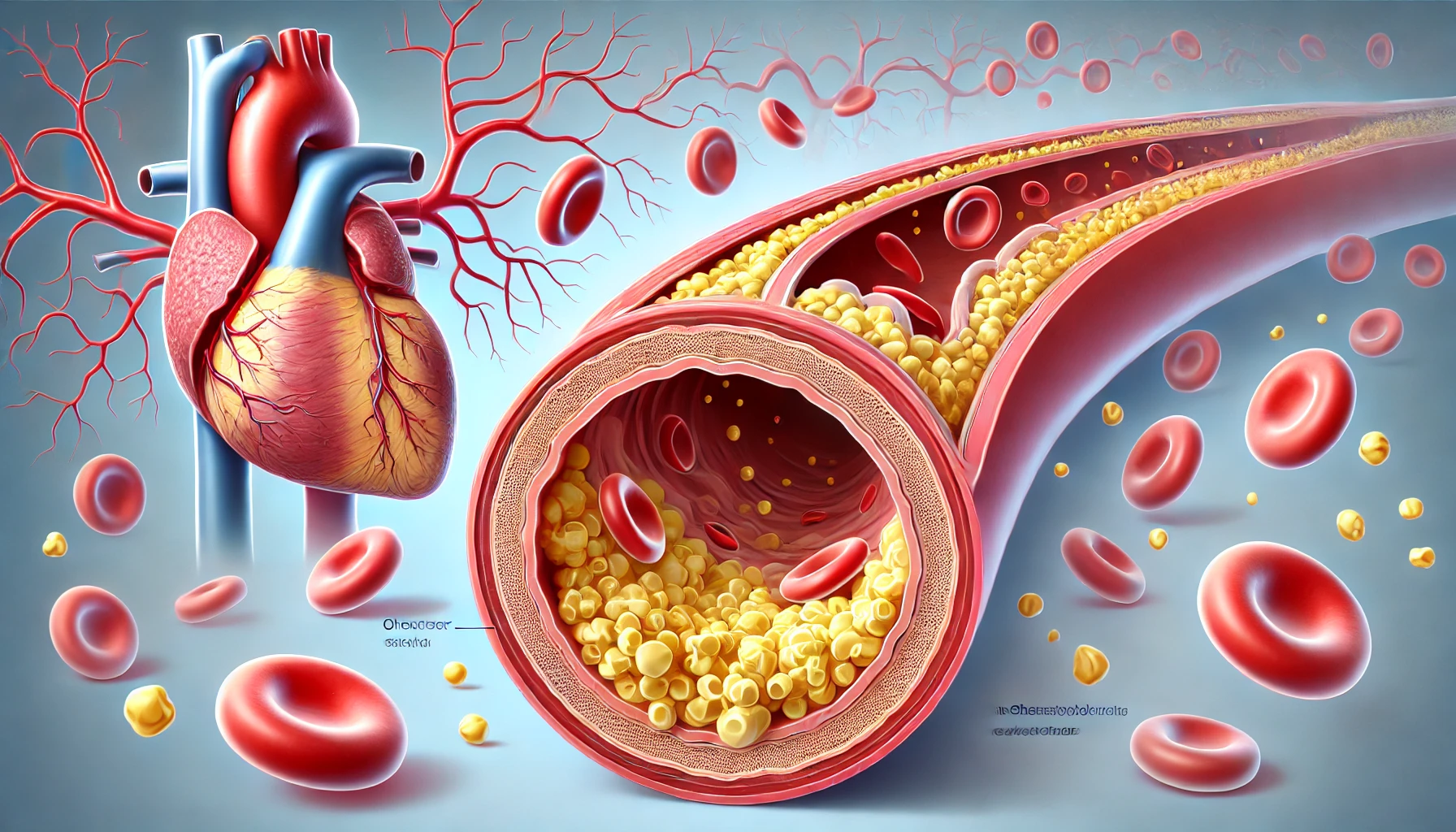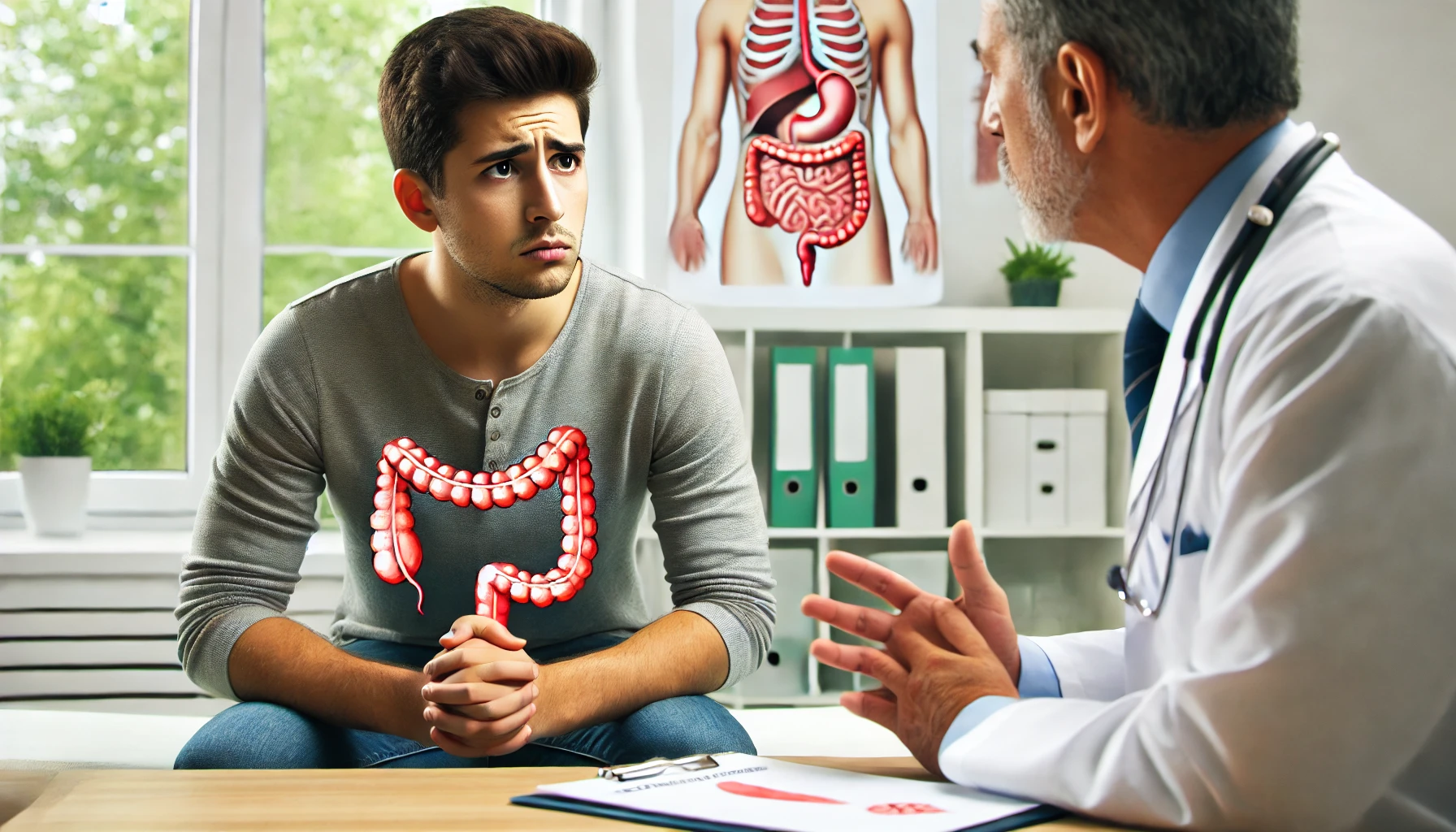
Important Points:
- Overview of colon cancer and its impact on health
- List of common colon cancer symptoms
- Tips for monitoring symptoms and understanding when to consult a doctor
Understanding Colon Cancer and Its Symptoms
Colon cancer, also known as colorectal cancer when it includes the rectum, develops in the large intestine and can affect both men and women. Early symptoms can often be subtle or mimic other digestive issues, making it important to know the warning signs. Recognizing colon cancer symptoms and seeking early medical advice can increase the effectiveness of treatment and improve outcomes.
Here are the most common symptoms of colon cancer to monitor and discuss with your doctor if they persist.
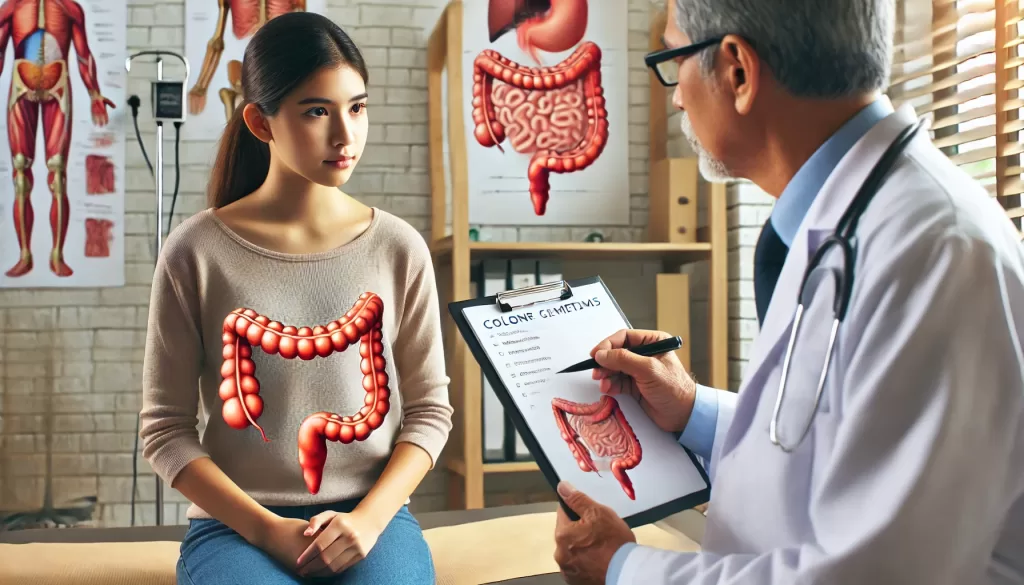
Common Symptoms of Colon Cancer
1. Changes in Bowel Habits
Persistent changes in bowel habits, such as constipation, diarrhea, or changes in stool consistency, can be an early sign of colon cancer.
- Why It Happens: A tumor in the colon can disrupt normal bowel function, leading to irregular bowel movements.
- When to See a Doctor: If changes in bowel habits persist for more than a few weeks, consider consulting a healthcare provider.
2. Blood in the Stool
One of the most noticeable colon cancer symptoms is blood in the stool. This blood may be bright red or dark, depending on where in the digestive tract the bleeding is occurring.
- Why It Happens: Tumors can bleed, causing visible or hidden blood in the stool.
- When to See a Doctor: If you notice any blood in your stool, seek immediate medical advice.
3. Persistent Abdominal Pain or Cramping
Colon cancer can cause ongoing abdominal pain or cramping, which may be mistaken for digestive upset.
- Why It Happens: Tumors can obstruct the colon, leading to discomfort and pain.
- When to See a Doctor: Consult a doctor if abdominal pain is persistent or worsens over time.
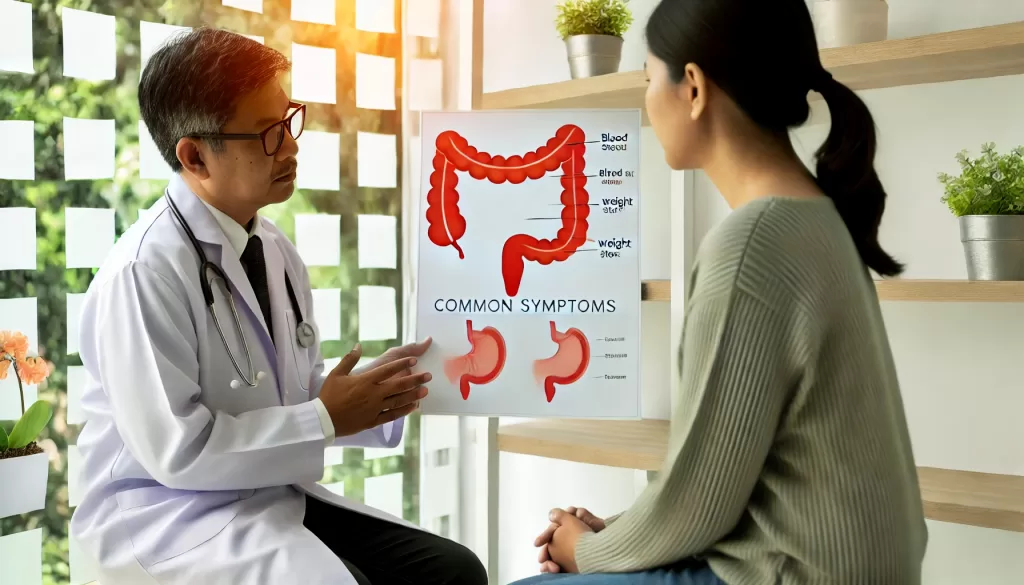
Common Symptoms of Colon Cancer
4. Unexplained Weight Loss
Sudden, unintentional weight loss, especially if significant, can be a symptom of colon cancer.
- Why It Happens: Cancer cells consume energy, and the immune response to fight cancer can lead to weight loss.
- When to See a Doctor: If you lose 10 pounds or more without trying, it’s best to speak with a healthcare provider.
5. Fatigue and Weakness
Fatigue that doesn’t improve with rest and affects daily activities can be an early sign of colon cancer, especially if it is accompanied by other symptoms.
- Why It Happens: Blood loss from a tumor can lead to anemia, causing fatigue and weakness.
- When to See a Doctor: If fatigue persists and doesn’t improve with rest, consult your healthcare provider.
6. Narrow or Ribbon-Like Stools
If stools appear narrower than usual, especially if this change is consistent, it may indicate a tumor obstructing part of the colon.
- Why It Happens: Tumors can partially block the colon, leading to thin, narrow stools.
- When to See a Doctor: Consistently narrow stools should be evaluated by a doctor.
7. Feeling of Incomplete Bowel Movements
A persistent sensation that the bowels haven’t fully emptied, even after a bowel movement, can be an early symptom of colon cancer.
- Why It Happens: A tumor in the colon can create a sensation of blockage, leading to incomplete emptying.
- When to See a Doctor: If this feeling persists, it’s advisable to seek medical advice.
8. Gas, Bloating, and Discomfort
Chronic gas, bloating, or abdominal discomfort can also be symptoms of colon cancer, though these signs are common in other digestive issues as well.
- Why It Happens: Tumors can obstruct the digestive system, causing bloating and gas buildup.
- When to See a Doctor: If bloating or discomfort is frequent, persistent, or painful, it’s worth having it checked.
9. Nausea and Vomiting
Nausea or vomiting, particularly when combined with other symptoms, can be related to colon cancer.
- Why It Happens: Tumors can create blockages in the digestive system, leading to nausea.
- When to See a Doctor: Persistent nausea or vomiting should be evaluated by a healthcare professional.
10. Loss of Appetite
A sudden decrease in appetite or a feeling of fullness even after eating small amounts may indicate colon cancer.
- Why It Happens: Cancer affects metabolism and digestion, which can reduce appetite.
- When to See a Doctor: Persistent appetite loss warrants a discussion with your doctor.
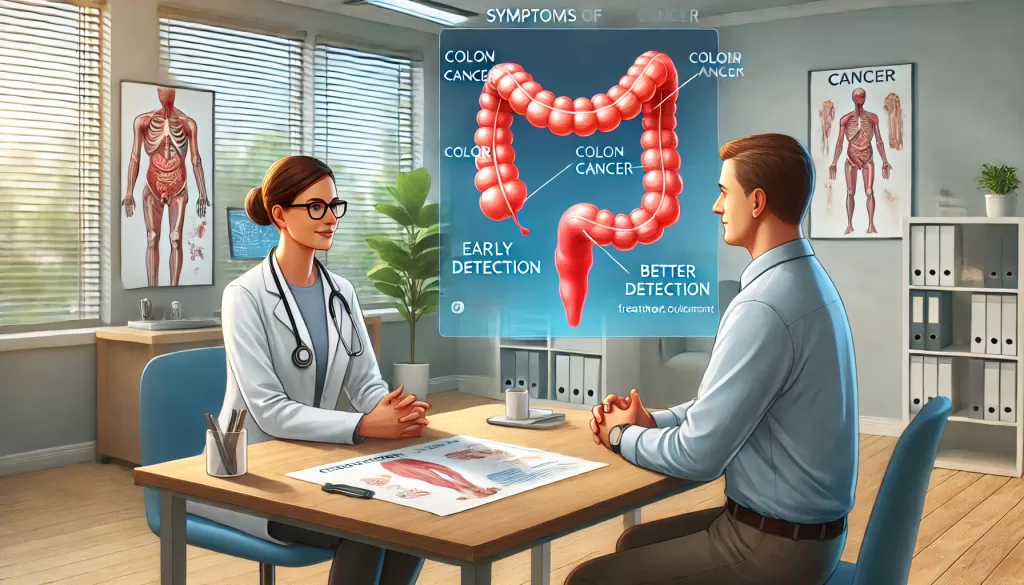
Common Symptoms of Colon Cancer
11. Iron-Deficiency Anemia
Chronic bleeding from a tumor can lead to iron deficiency and anemia, which may manifest as fatigue, pale skin, and weakness.
- Why It Happens: Blood loss depletes iron, reducing red blood cell production.
- When to See a Doctor: If anemia is diagnosed without another cause, further testing for internal bleeding may be necessary.
When to Seek Medical Help for Colon Cancer Symptoms
If you notice any of these colon cancer symptoms and they persist, it’s essential to speak with a healthcare provider. Routine screenings, like colonoscopies, are also important for early detection, especially if you have risk factors such as a family history of colon cancer. Early diagnosis and intervention increase the chances of successful treatment and recovery.
Conclusion: Understanding Colon Cancer Symptoms for Early Detection
Being aware of colon cancer symptoms is essential for early detection. From changes in bowel habits and blood in the stool to unexplained weight loss and fatigue, these signs may indicate the need for further evaluation. Proactive health monitoring and timely consultation with a healthcare provider can help detect colon cancer early and improve outcomes.

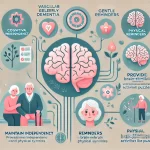
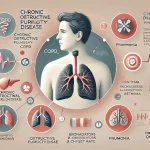
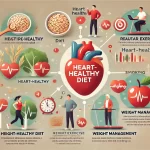
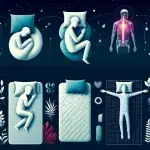
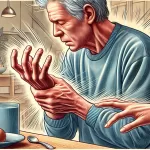
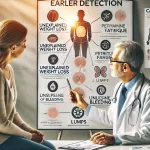
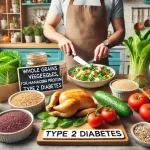 Next Post
Next Post
